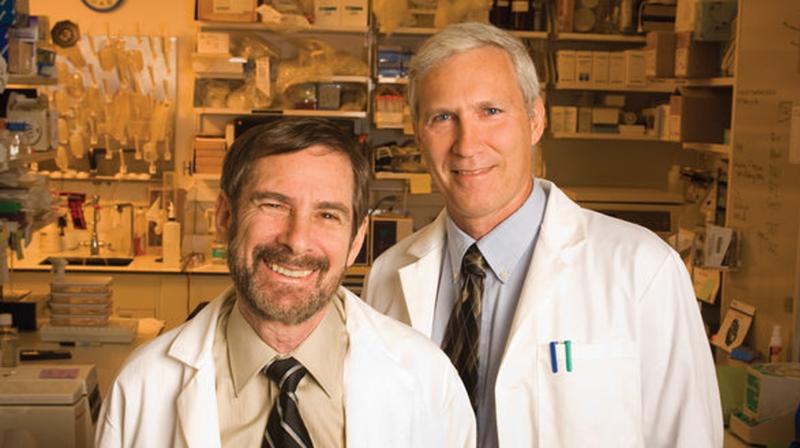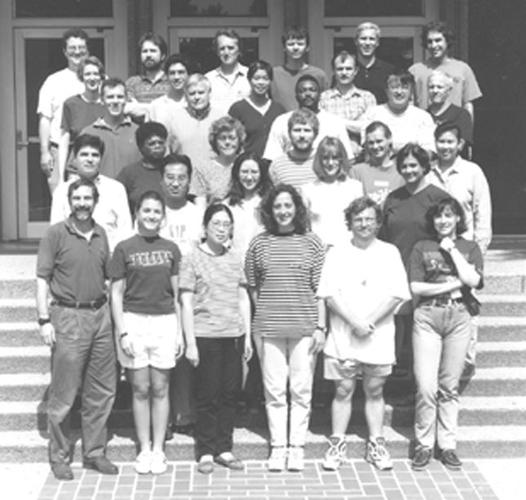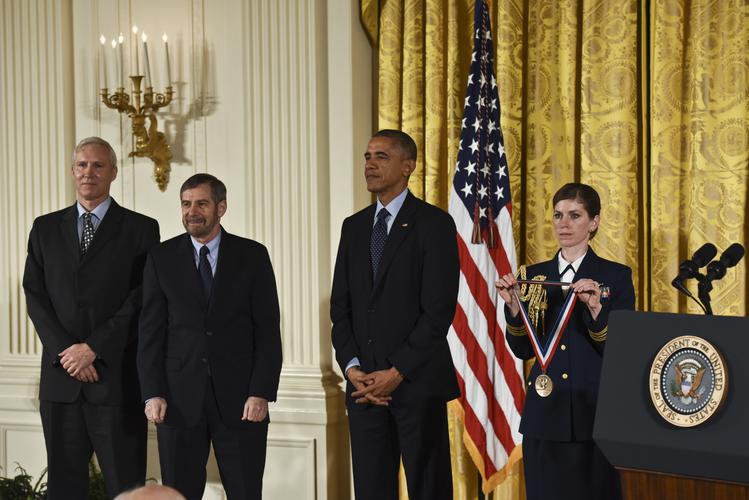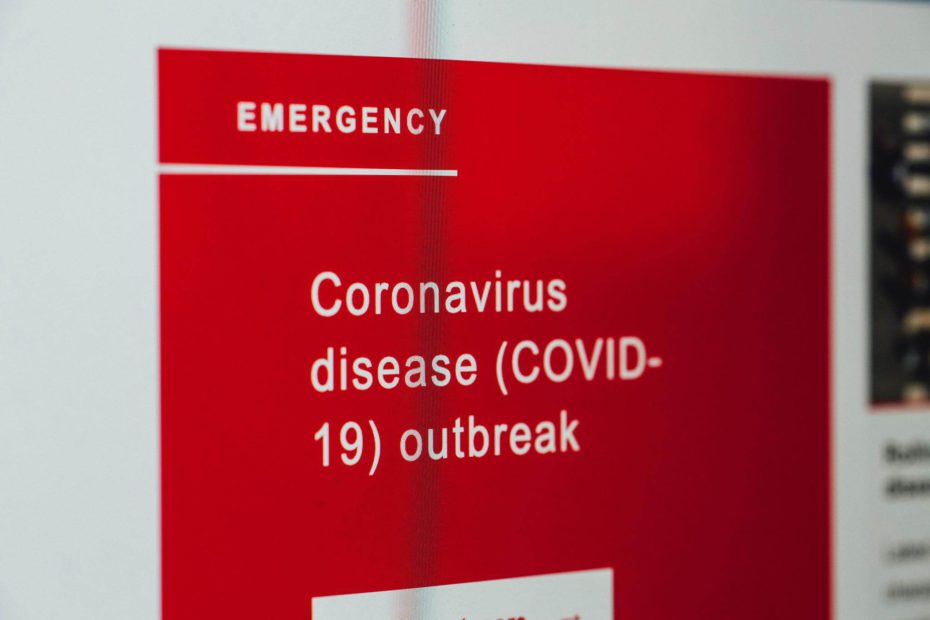In 1983, John T. Schiller, then a postdoctoral student, joined the laboratory of Douglas Lowy at the National Institute of Health to study the basic mechanisms of viral genes with the potential to cause cancer. And, in his own words, he “just sort of never left.”
More than 30 years later, Schiller has worked with Lowy, another National Science and Technology Medal recipient, to publish more than 125 research papers, and more impressive, the duo has developed the virus-like particles and related technologies that led to the generation of a commercial vaccine for the human papillomavirus, or HPV.
HPV is the leading cause of cervical cancer and kills more than 250,000 women each year. As the result of Schiller’s research, three vaccines to prevent the devastating disease have been created and approved by the U.S. Food and Drug Administration.
Schiller, who received his bachelor’s degree in molecular biology and his Ph.D. in microbiology from the University of Wisconsin at Madison and the University of Washington, respectively, now serves as the deputy chief in the Laboratory of Cellular Oncology at the National Cancer Institute. He continues to research the life cycle of the virus, second-generation HPV vaccines, and HPV capsid-based vaccines against other infection agents and cancers.
By Sydni Dunn










